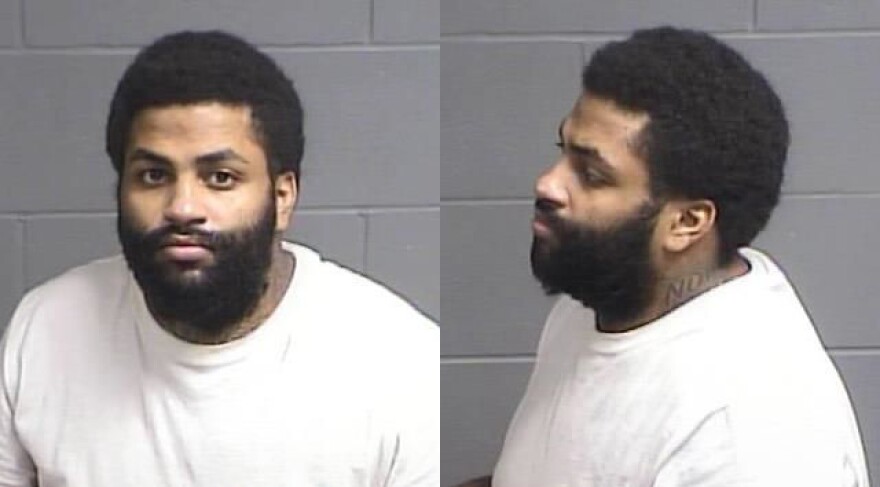A warning, some people may find the details in this story disturbing.
An Oneida County judge is deciding what evidence can be used in the trial of the murder of Hannah Miller.
Christopher Anderson is accused of shooting and killing Miller in June 2021, a woman he had been in a relationship and shared a child with.
Anderson is charged with first degree intentional homicide. It carries a mandatory life sentence if convicted.
A large part of Anderson’s motion hearing on Friday centered around text messages from Miller and if it could be used during the trial.
Judge Michael Bloom shared text messages between Miller and a witness that allege a history of abuse between her and Anderson.
“May 3rd of 2021, the victim indicated that the defendant got mad because of the tone of her voice, grabbed her, bruised her hand, attempted to choke her, indicated he would assault and kill her and checked her phone to see if it was recorded. In other words, actively inquiring into the existence of evidence that could be used against him,” said Bloom.
District Attorney Michael Schiek argued Anderson killed Miller, in part, to keep her from testifying against him in custody or domestic violence cases.
If that was his intent, the text messages could be introduced at trial under an exception to the hearsay rule.
Anderson’s lawyer argued the intent wasn’t there since there were no formal court dates made prior to her death.
Bloom agreed with Schiek that establishing a formal court schedule wasn’t necessary to show Anderson’s intent.
“The defendant was on notice that court proceedings were looming regarding custody, placement, visitation, etc. of he and the victim’s common child, an issue that he was apparently quite focused on and he had indicated to multiple individuals that he didn’t intend to go to court,” said Bloom.
This means that the prosecution will be able to use messages Miller sent in the trial.
Though Bloom did caution the attorneys about the fine line they need to walk with it.
“It is not improper for a jury or any fact finders to consider evidence and conclude that because of all these other things that the defendant did he surely had a motive, and probably intended to do this and probably really did it as opposed to a fact finder considering evidence and thinking, ‘well I don’t know if he did it, but boy it sure sounds like he’s a bad guy so he probably did.’ Those are two distinguishable circumstances, the former of which permissible, the latter of which is not,” said Bloom.
Anderson’s lawyer did file a motion to suppress evidence.
That will be discussed at another hearing in May.
The trial is still set for August.






